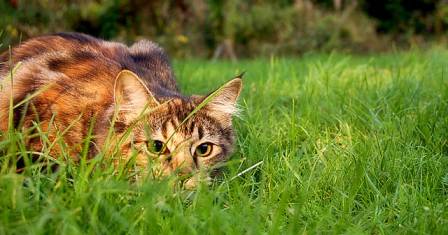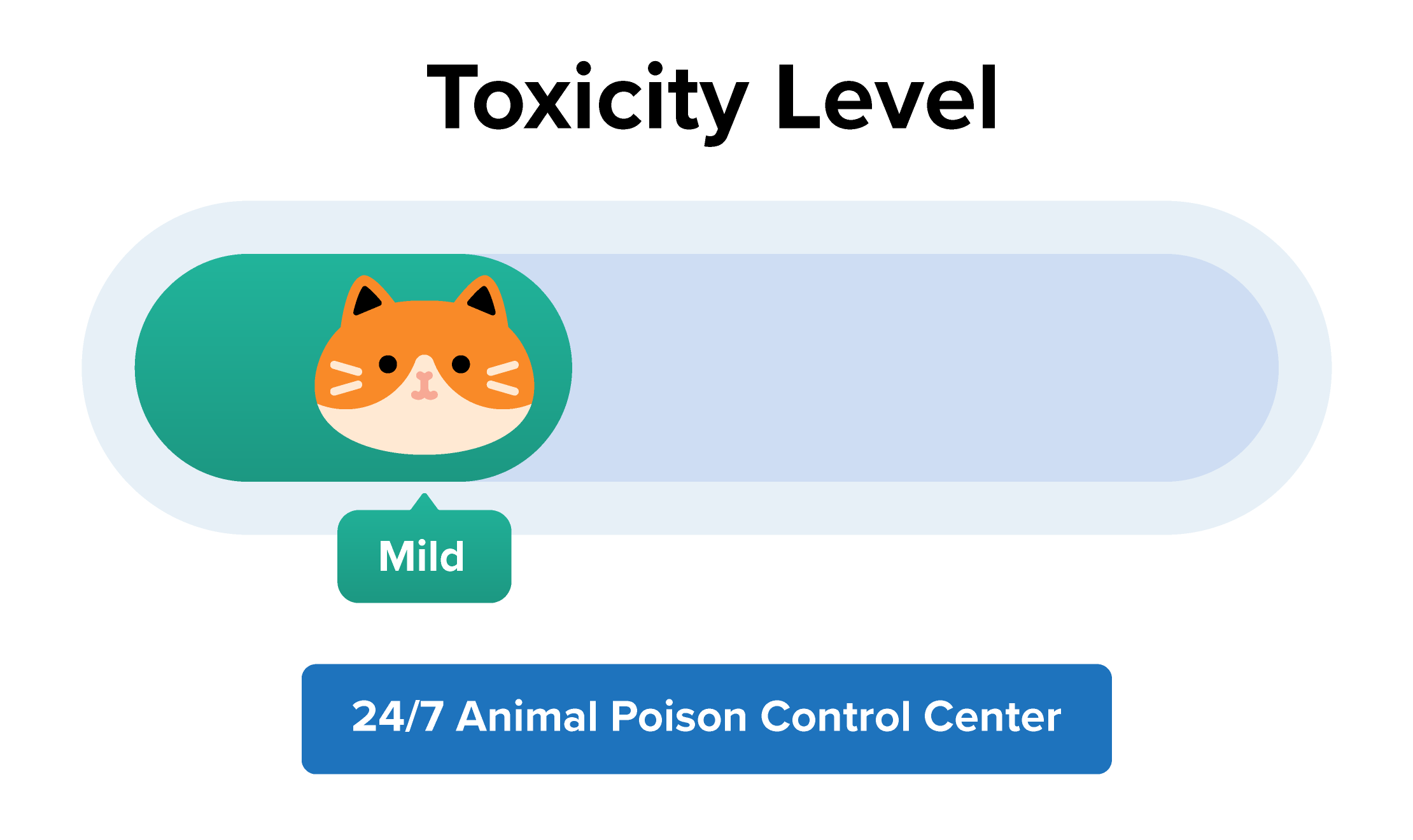
Connect with a verified veterinarian in minutes. Licensed vets are available 24/7 to answer your questions. No need to worry about your furry family member.
Cats enjoy chasing bugs around. Have you ever noticed your cat going after a fly or some other insect? Cats love the unpredictable way that they move, it brings out their natural hunting instinct!
But what happens if a cat eats a moth?
Can Cats Eat Moths?
More than likely your fur baby has had moths in the past, even if this is the first time you’ve seen him eat one! There’s just something that attracts cats to flying insects. This could be the fact that when they fly you are never quite sure in which direction they are going, or when they will stop and land.
Cats love moths for this reason. It’s the challenge of the chase! Plus, there are some cats who seem to love eating moths. Who can say why? Maybe moths taste good to the cats! Yuck!
For the most part, moths are pretty harmless for cats. They are not toxic. If your fur baby eats too many yummy moths, though, he could develop a mild upset stomach. This could lead to some diarrhea and vomiting.
There is one moth, however, that is toxic to cats. This is the Garden Tiger moth. It’s more common in North America. You’ll know this moth as it has a striking appearance. The wings may be brown and white, or even black and white, and look as if they have spots similar to cows.
We couldn’t find much information on how moths affect a cat. But just that these moths could be toxic. So, if you notice your fur baby chasing one of these around the garden or outside, then be sure to stop him. He should not eat the Garden Tiger moth.
Is it Normal for Cats to Catch Moths?
Yes, it is completely normal for cats to catch moths. The unpredictable movements of this flying insect often bring out your cat’s natural predator instincts. Some cats will also want to finish off their game by killing their prey, just as they would in the wild. This could include eating it too.
If your fur baby enjoys a moth snack once in a while, he’ll be OK. Just watch to see if he shows any signs of an upset stomach.

Review symptoms, medications & behavior to keep your pets healthy with a Vet Online in just minutes.
Ask a Vet Live NowDo Moths Carry Parasites that are Dangerous for Cats?
No, moths don’t usually carry parasites. So, your fur baby won’t become infected with a parasite after eating a moth.
Your cat is just having some fun. As long as he has enough good quality food to eat, the occasional moth is not going to be a problem. If you notice that he’s eating them more often, then it might be a good idea to take him to see the vet for a checkup. And if he has too many moths at once and gets an upset digestive system, you may want to get that checked by the vet too. In most cases, your fur baby will be OK!
Connect with a verified veterinarian in minutes. Licensed vets are available 24/7 to answer your questions. No need to worry about your furry family member.

Rebecca MacMillan, BVetMed BSAVA PGCertSAM MRCVS
This article has been reviewed and approved by an independent Veterinarian: Rebecca is a companion animal vet who has always had a passion for writing and client communication. Since her graduation from the Royal Veterinary college in 2009 she has gained a wealth of experience in first opinion small animal practice, in both clinical and managerial roles. She currently works in the South West and deals with a variety of routine and emergency appointments, but particularly enjoys medicine cases. Outside of work and writing, she enjoys spending time with her family, including her bouncy flat coated retriever George!
Review symptoms, medications & behavior to keep your pets healthy with a Vet Online in just minutes.
Ask a Vet Live Now


